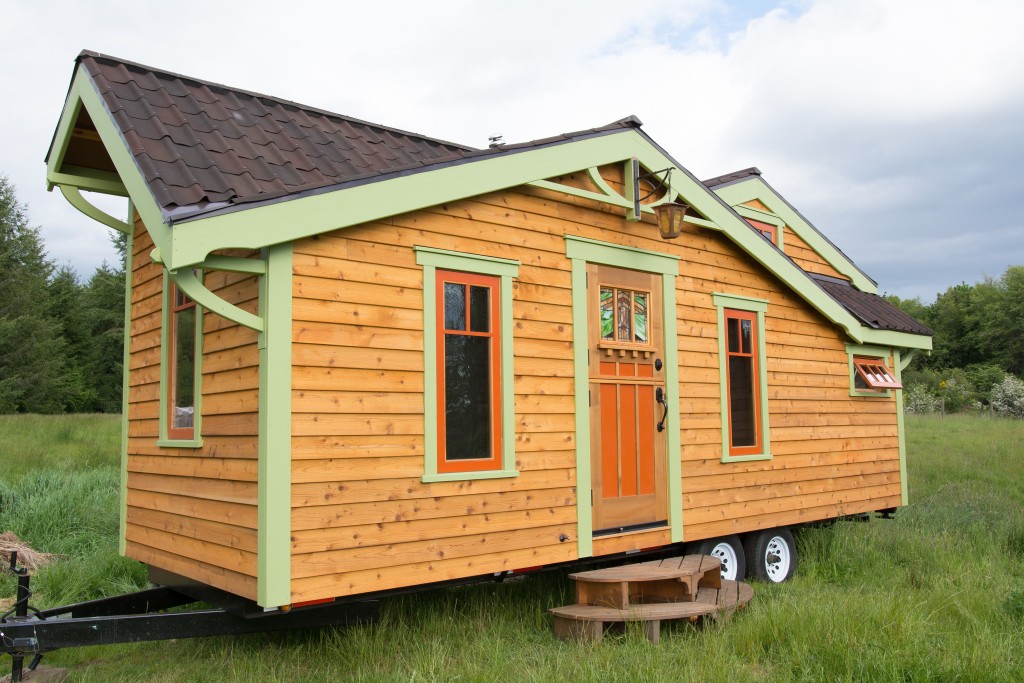Recreational Vehicles are the rave thanks to the tiny living trend. People are buying into the lifestyle on the road, content on living with just the basics as long as they could greet the morning with different vistas.
However, even with DIYs, not everyone could afford an RV. Offering this experience is therefore a good point of business in the future. Once the problem of the health pandemic is solved, you could offer an adventure tour to six to eight people on-board an RV, traipsing through different states. It’s going to be accommodations and transportation rolled into one, a convenient and exciting experience for young backpackers.
Rather than confining your moving RV to the dimensions of a bus, you could rebuild it a bit to give you more space. A metal fabrication company could get your customized body done. Make sure you consult the guidelines for RV specifications if your design is permissible and safe for the road. We have here some ideas on how you could equip your RV into a cozy moving hostel.
Make your sleeping bunks foldable.
Most RVs have a fixed bed at the back. For extra passengers, dining sets could be transformed into another bed. This setup is fine for a couple, but if it’s for several guests, it’s bothersome to have fixed furniture. The inside of the bus would be roomier if everything could be folded away and locked into the sides. Microhouses have these transforming furniture designs that could be applied to your customized RV. Guests would spend more of their time up and about instead of lying down.
You could also have alternative sleeping choices at night when you’re not moving. Bring inflatable beds and mosquito nets so travelers have the option to sleep outside when the conditions are great. You have the entire roof of the vehicle to stash your supplies.
Discourage guests from cooking.
In many RVs, the kitchen sink takes up a lot of space. While you need to have the basic provisions like a small sink and a stove for cooking, your guests are not there to prepare elaborate meals. Make your counter foldable.
In regular hostels, guests are allowed to cook on their own, but with your limited setup, you have to strike a deal with your guests from the start. Offer to cook meals. You could allow them to keep ingredients for making sandwiches and other meals that don’t require cooking. Have barbecue nights or set up an outdoor kitchen whenever you’re parked.
Maintain the cleanliness of your toilet.
While hostels sometimes overlook their toilets, with many guests sharing the stalls and cleaners probably just doing their rounds in the evening, your toilet has to be constantly checked and cleaned. You don’t have the luxury of space. While in hostels the toilets are far from the rooms, the mess in your RV’s toilet would easily disrupt the entire vehicle.
Have some strict rules in the use of the bowl and shower. Check them often to make sure there are no leaks, the bowl flushes fine, and the shower stall doesn’t flood. Install a bidet instead of having your guests use tissue paper that could clog up your bowl. Put your toilet sink over your toilet bowl’s water tank, a feature popular in Japan, so that wastewater could be used for flushing.
Provide ample views.

A road trip’s appeal is the roadside scenery travelers are treated to. Most vehicles would have small windows. While it helps keep in the heat during cold nights, it’s not a fun design. Make half of your vehicle filled with windows. Just cover them with thick curtains when the weather is cold.
The roof could also be a cozy outdoor lounging space. Install some chairs and a sturdy railing for your guests. You could copy the safety precautions of open-topped double-decker buses.
Plan your route well.
Your route must allow you to replenish your water and discharge your waste every night. While private RVs could sustain two people for some days, you will be supplying for six to eight guests. Running out of water or your waste overflowing its capacity would be disastrous.
Spend two nights somewhere that has shower and laundry facilities. Although the type of guests you would be attracting are those who are willing to rough it up, anyone would be happy to shower properly and have clean clothes.
The preferences of people are changing over time. Before, hotels had been dominating the tourism industry. But now, hostels, homestays, and house rentals have changed the market. Backpackers also influenced the tourism landscape, many of them wanting to see more places in a few days. With the developments triggered by the small house trend and the RV lifestyle, the moving hostel could very well become the new trend in traveling.




